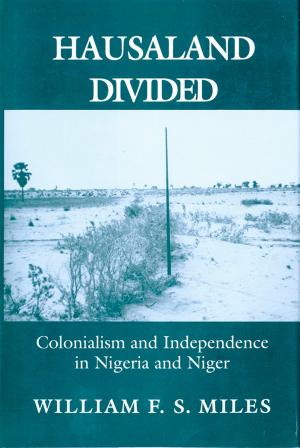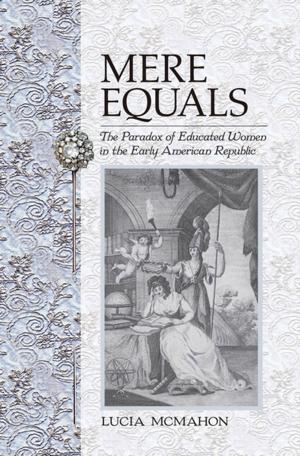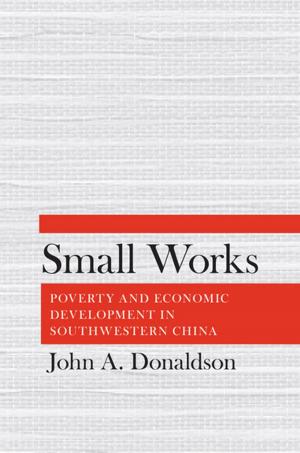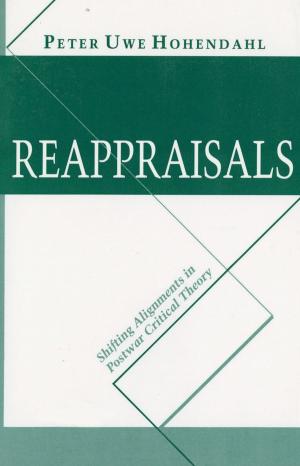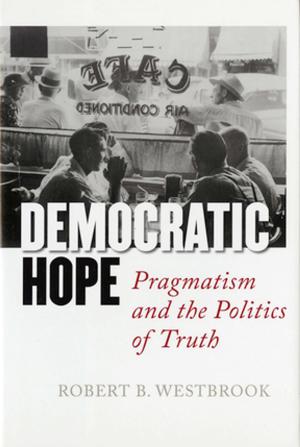Knowing Poetry
Verse in Medieval France from the "Rose" to the "Rhétoriqueurs"
Nonfiction, History, Medieval| Author: | Adrian Armstrong, Sarah Kay | ISBN: | 9780801461064 |
| Publisher: | Cornell University Press | Publication: | December 15, 2009 |
| Imprint: | Cornell University Press | Language: | English |
| Author: | Adrian Armstrong, Sarah Kay |
| ISBN: | 9780801461064 |
| Publisher: | Cornell University Press |
| Publication: | December 15, 2009 |
| Imprint: | Cornell University Press |
| Language: | English |
In the later Middle Ages, many writers claimed that prose is superior to verse as a vehicle of knowledge because it presents the truth in an unvarnished form, without the distortions of meter and rhyme. Beginning in the thirteenth century, works of verse narrative from the early Middle Ages were recast in prose, as if prose had become the literary norm. Instead of dying out, however, verse took on new vitality. In France verse texts were produced, in both French and Occitan, with the explicit intention of transmitting encyclopedic, political, philosophical, moral, historical, and other forms of knowledge.
In Knowing Poetry, Adrian Armstrong and Sarah Kay explore why and how verse continued to be used to transmit and shape knowledge in France. They cover the period between Jean de Meun’s Roman de la rose (c. 1270) and the major work of Jean Bouchet, the last of the grands rhétoriqueurs (c. 1530). The authors find that the advent of prose led to a new relationship between poetry and knowledge in which poetry serves as a medium for serious reflection and self-reflection on subjectivity, embodiment, and time. They propose that three major works—the Roman de la rose, the Ovide moralisé, and Boethius’ Consolation of Philosophy—form a single influential matrix linking poetry and intellectual inquiry, metaphysical insights, and eroticized knowledge. The trio of thought-world-contingency, poetically represented by Philosophy, Nature, and Fortune, grounds poetic exploration of reality, poetry, and community.
In the later Middle Ages, many writers claimed that prose is superior to verse as a vehicle of knowledge because it presents the truth in an unvarnished form, without the distortions of meter and rhyme. Beginning in the thirteenth century, works of verse narrative from the early Middle Ages were recast in prose, as if prose had become the literary norm. Instead of dying out, however, verse took on new vitality. In France verse texts were produced, in both French and Occitan, with the explicit intention of transmitting encyclopedic, political, philosophical, moral, historical, and other forms of knowledge.
In Knowing Poetry, Adrian Armstrong and Sarah Kay explore why and how verse continued to be used to transmit and shape knowledge in France. They cover the period between Jean de Meun’s Roman de la rose (c. 1270) and the major work of Jean Bouchet, the last of the grands rhétoriqueurs (c. 1530). The authors find that the advent of prose led to a new relationship between poetry and knowledge in which poetry serves as a medium for serious reflection and self-reflection on subjectivity, embodiment, and time. They propose that three major works—the Roman de la rose, the Ovide moralisé, and Boethius’ Consolation of Philosophy—form a single influential matrix linking poetry and intellectual inquiry, metaphysical insights, and eroticized knowledge. The trio of thought-world-contingency, poetically represented by Philosophy, Nature, and Fortune, grounds poetic exploration of reality, poetry, and community.

